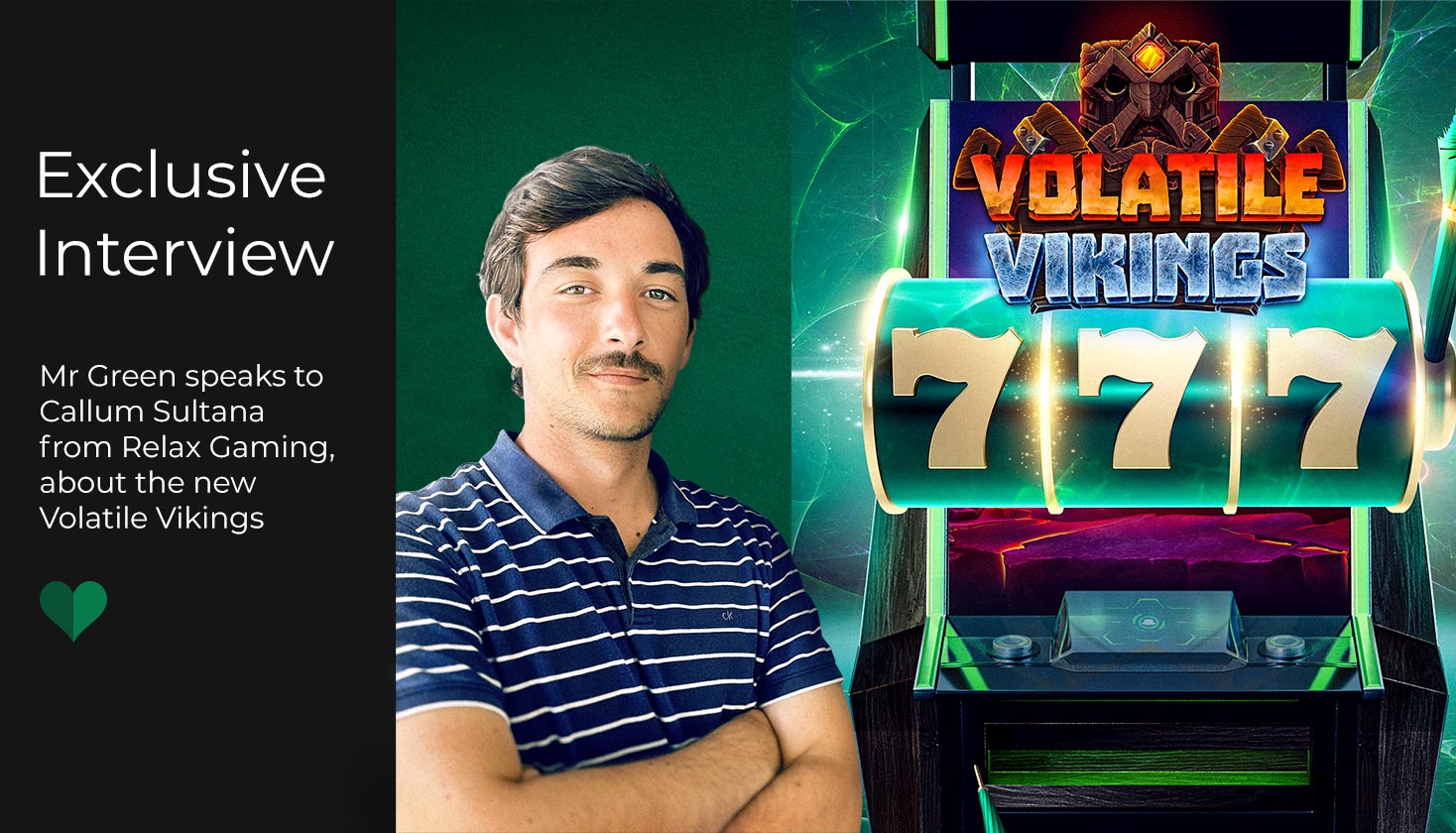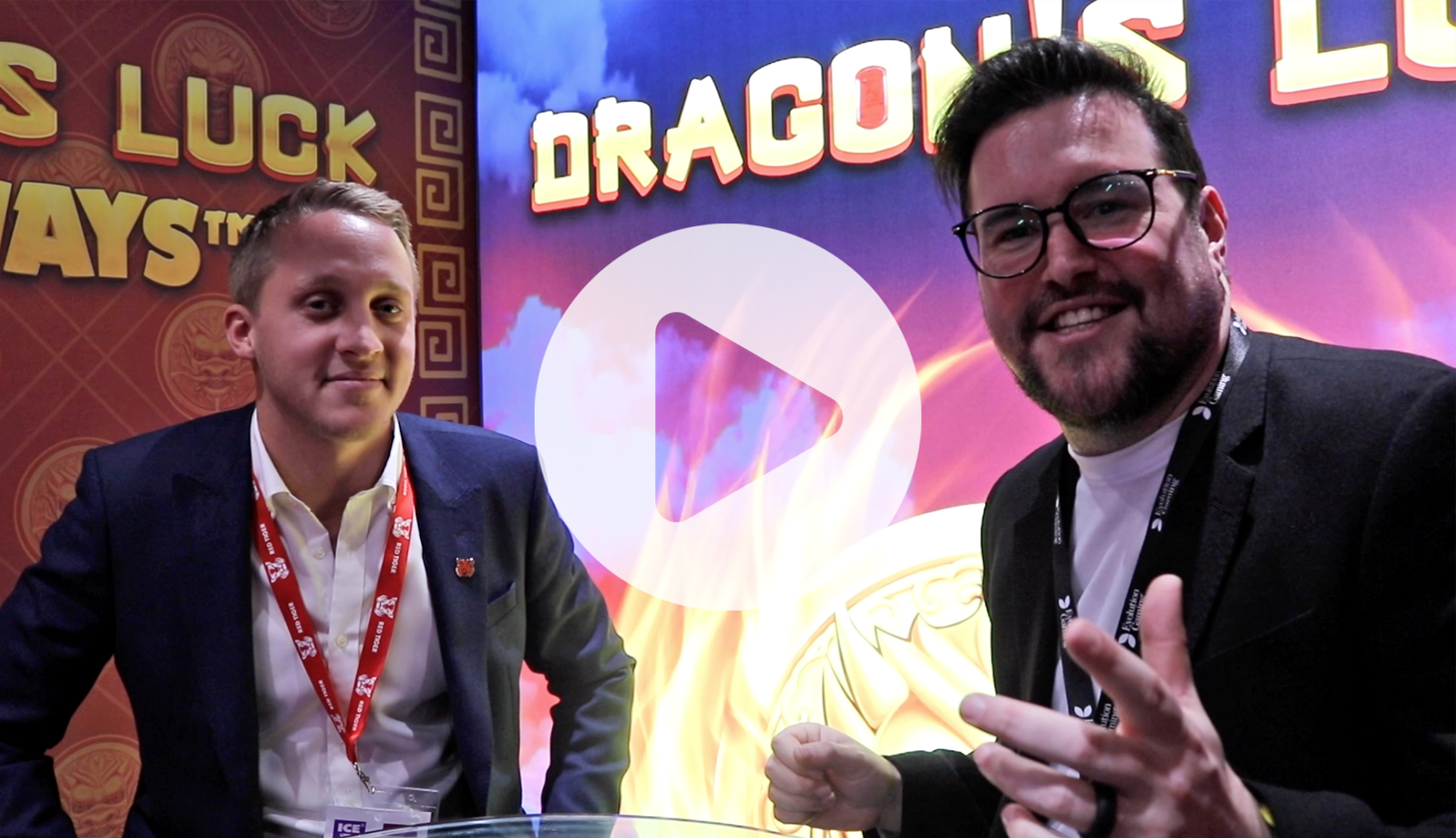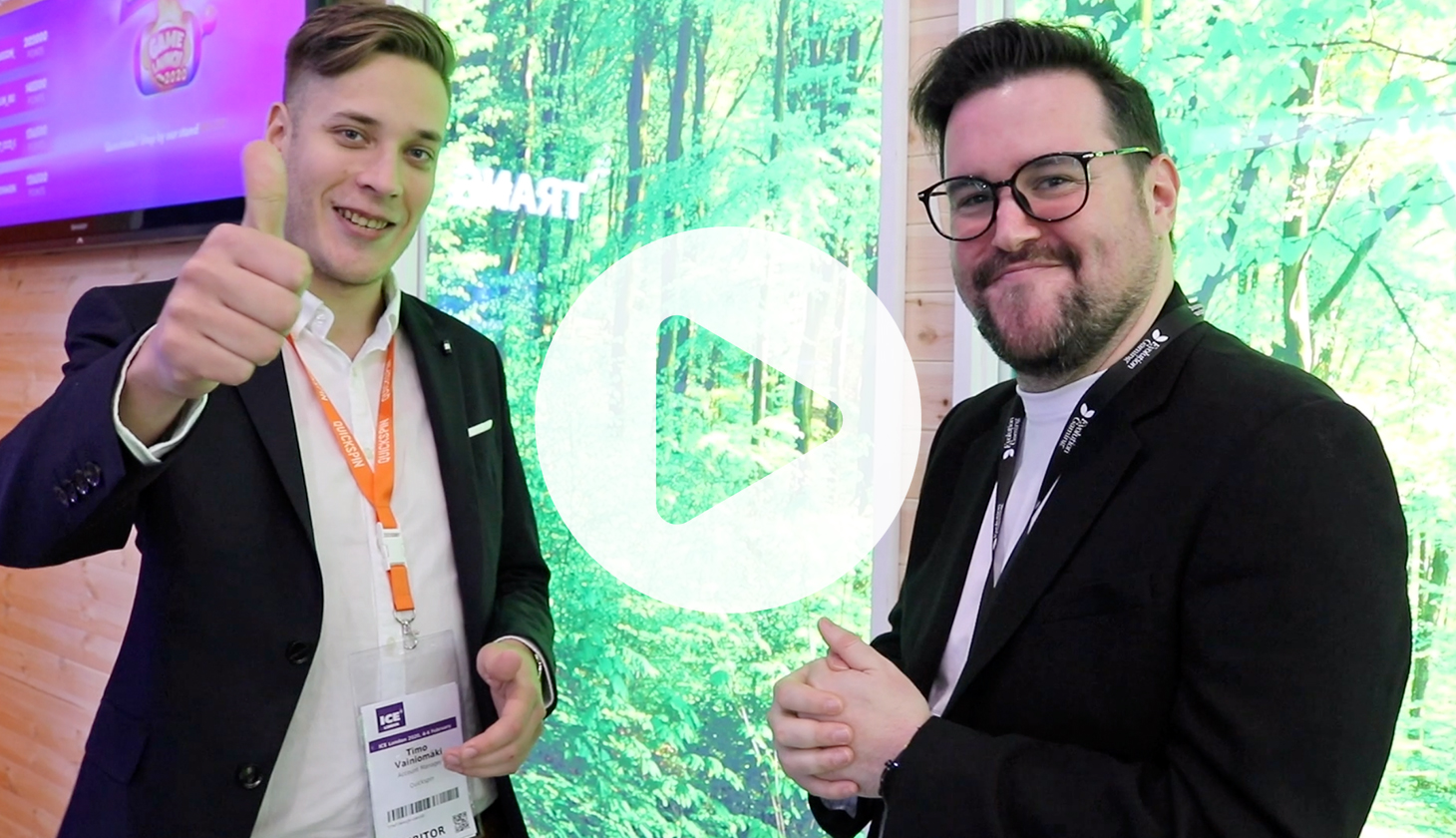Chess: Game or Sport?

A game or a sport? This is a question our German Guru Bella is just raring to answer and be careful if you disagree!
Welcome to the third post in our super-inspirational-sport-inspired-series, running throughout April. Join members of the glorious and growing Mr Green team for their sporting passions and how a love of sport has helped to shape not only their personal lives but their professional ones too.
Today we join Isabella Meß for a talk on, wait, is it a sport? A game? According to Bella, it is war!
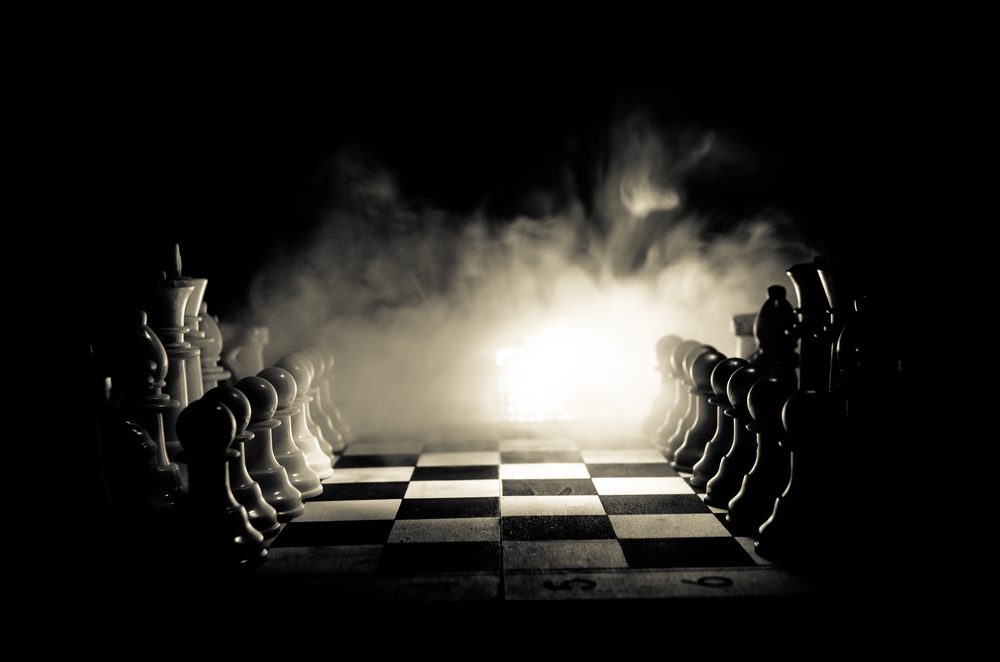
Could you introduce yourself and your role within Mr Green?
Sure, I am Bella and I am the German Daily Show Manager and currently, also the Swiss Daily Show Manager. Most of my job is writing the content you see on site and planning local campaigns plus whatever comes up during the day!
What is your take on chess as a sport, do you consider it a game or does it deserve to be recognised as a sport?
Good question, I get asked this a lot. Usually we say sport is something we do as a physical activity however, chess is definitely a mental sport. For me, personally it is more than a game, I consider it war. This sounds harsh but, it is a lot of strategy and forward thinking, even more than 10 steps ahead.
The game itself comes from a time when kings would use it to plan their wars against other countries. It is a challenge, it is difficult to define chess as simply a ‘game’ or even as a sport as it is so much more than that, if it must be put in a box, it is a ‘thinking sport’.
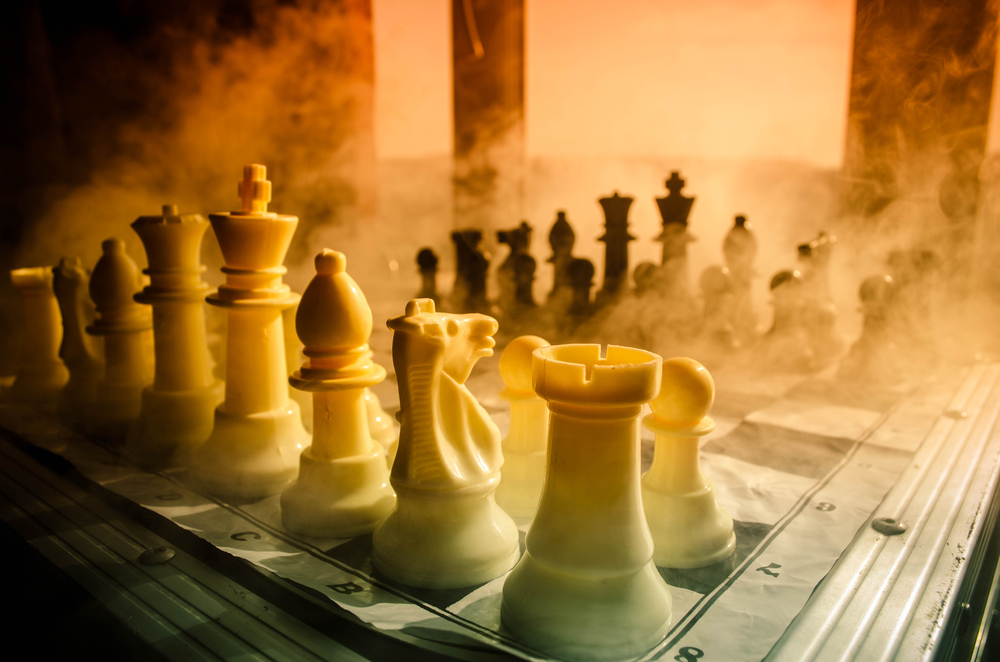
Do you get annoyed when people undermine chess by disregarding its classification as a sport?
I don’t want to say personally offended, but yes, I am! [She laughs] I play chess with a lot of passion, even though it has been years since I played on a competitive level. When people are joking around saying ‘it isn’t a sport just a game’. I get very offended as I know how much potential this sport, this game, this war has – it is so much more. I hate this question!
What is it that drew you to chess, is it something that developed personally or was it influenced by schooling or community involvement?
I started chess at a very young age when at school, say Year 1 or Year 2, a teacher came over to introduce the game and offered some lessons, so I joined the classes. We got an insight into the basic strategies and game play, then at one point, the teacher approached me and said you have a lot of potential and so I was invited to the club in the city to play. Here I got proper training and a proper coach, I not only could compete in school but also within the club, so this was the start of my love for chess.
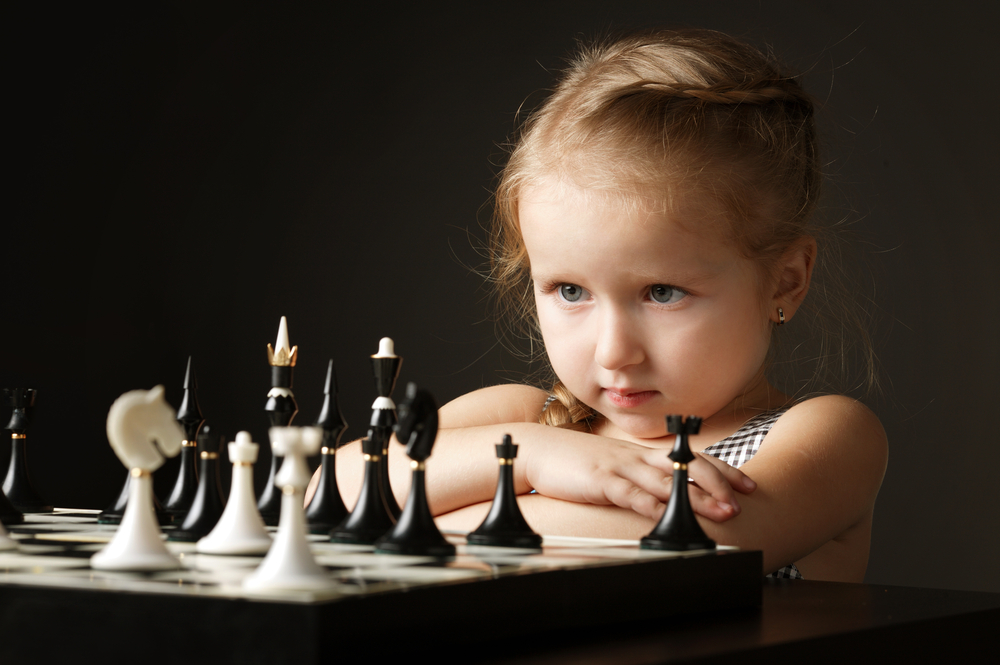
As you may be aware, in April we celebrated International Day of Sport for Peace and Development. How far would you say that sport, chess in particular, goes towards developing someone personally and within business, is it something you have personally experienced?
Well, when I began playing chess it helped me to focus more in school, I was an easily distracted child and was always losing focus, chess helped me to concentrate on my task and also to start thinking ahead – when could we have test, will I need this for next week’s homework?
I see it now in my career, I still have this overview of everything and this is something I definitely got from chess. It helps to develop strategic thinking and to pay attention to every little detail – so in my work I can see little mistakes or issues from other departments that will affect my department or my personal work and this is something that I achieved from playing intense, competitive chess.

Do you still play chess frequently, is it something you make time to do?
I have my chess board at home on the kitchen table and my boyfriend is really keen on playing with me, even if he is not particularly good. Sometimes we will just be having a chat and out of nowhere, he will want to play!
There was a time I used to play more online but I don’t really make time for that now. I am always ready for a game and when it comes to chess, my answer will always be yes.
At what level competitively are you within chess, are you proud of any particular achievements?
Yep, I mean, I started as a casual school player, then I joined the city club. I then qualified for the Regional Tournament, then the Area Tournament which was in Bavaria. Then I managed in my 4th year to go to the Nationals which was really a proud moment for me, I wasn’t that good as the competition was really high but I was so happy to be a part of that. That was a big step and achievement for me, especially as I started so casually and was able to go so far.
What is it, do you think, that draws people of all ages, from all over the world into a sport like chess?
I think it is certainly to do with socializing but, also the connection seems to be those who love a challenge. It is very easy to underestimate people, you never know who you are up against – similar to poker and the poker face concept, this all adds to the big, big challenge. For people who command a highly professional career and those who are looking to push themselves, this is a game they enjoy as it is a challenge and is ever changing – it is never the same game.
Is this a hobby you would recommend to others? Are you searching for something with this hobby, for example, with skydiving the hunt is adrenaline, is there a chess equivalent?
It is recommended to people who want a break from their daily challenges. If you play chess in the way I did, you only have yourself, the ‘enemy’ and the ‘war’ on the board. You are forced to concentrate solely on what is in front of you and put all your daily issues a side. It doesn’t matter how old you are, it always gives you something to slightly challenge the brain and approach something with a different perspective.
A strategic meditation?
Absolutely, you can say that. If you are not playing competitively then you do not have the added pressure, so, you are able to instead challenge yourself. When I play chess, I am always 120% into that war, I do not get distracted and I get motivated – I want to finish the game as the winner and also learn to find new ways to win.
I really want to play now! It is a fire within and the passion is still there.
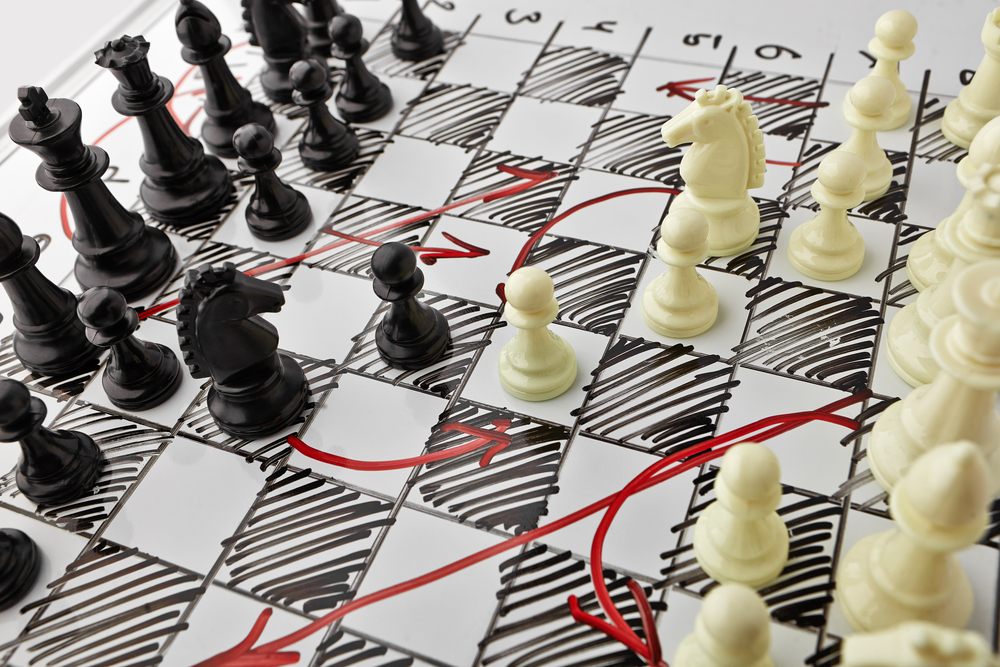
What defines a good or bad chess player? For example, I love chess but I am very reactive not proactive, I do not think about what is going to happen on the board just the immediate move I am making. Would this make me a bad player?
There is not really a bad player, just a stubborn or inexperienced player. For example, when I am playing with my boyfriend he may make a mistake, and when I explain why this is a mistake, he is not really learning from this or paying attention. If you really want to talk about good and bad players, bad players are those who do not want to improve and do not learn from their mistakes.
I think it is harsh to say bad players as you have to look at the intention of why people are playing. I do find it hard to play with people who do not want to learn from their mistakes, as I do get a little frustrated as I like the challenge and the game can be too easy. Though I wouldn’t say bad players, I would say inexperienced and those who do not want to learn.
At what level do you most enjoy chess, is it on a competitive level or more personal?
It always depends on the one who asks me to play, as soon as I have that board I get super competitive, but if I’m playing with someone who wants a quick fun game, then I can do this and enjoy it but, the fire always sparks inside. If I make a mistake, I will still be thinking of a different move 2 days later!
Finally, do you have any words of wisdom to budding chess players wanting to start developing themselves in the sport?
If they really want to improve their game skills, it is always worth looking at past games of world champions, it is how I was trained. At that time, it was still Kasparov from Russia, we analysed his games, sometimes this took up to 2 hours to go from the first step all the way through to the last. But to also understand his thinking, the different possibilities he might consider within that minute. This is how you start to learn to plan ahead and use those strategies for yourself. This is the way you can improve your skills.
—————————————————–
The wonderful and the efficient Isabella Mess – the absolute strategic superhero of our German team!
This was the third in our April series on Sport for Peace and Development, if you would like to look back on ‘Can Cricket influence Peace?‘, or ‘Is Sport is the Answer?‘ You can immerse yourself in our past blog posts here.
Sport is something we live and breathe every day, if you are craving a sports spectacular, pop over to our Sportsbook site now for the best odds out there along with awesome promotions such as our Stanley Cup Playoffs Free Bet Battle. If you are new to Mr Green then make sure to opt in to our Sportsbook Welcome Offer – bet €20 and get €20 Free!
Join us next time for another look into personal and professional development through sport with another member of the Mr Green dream team.
